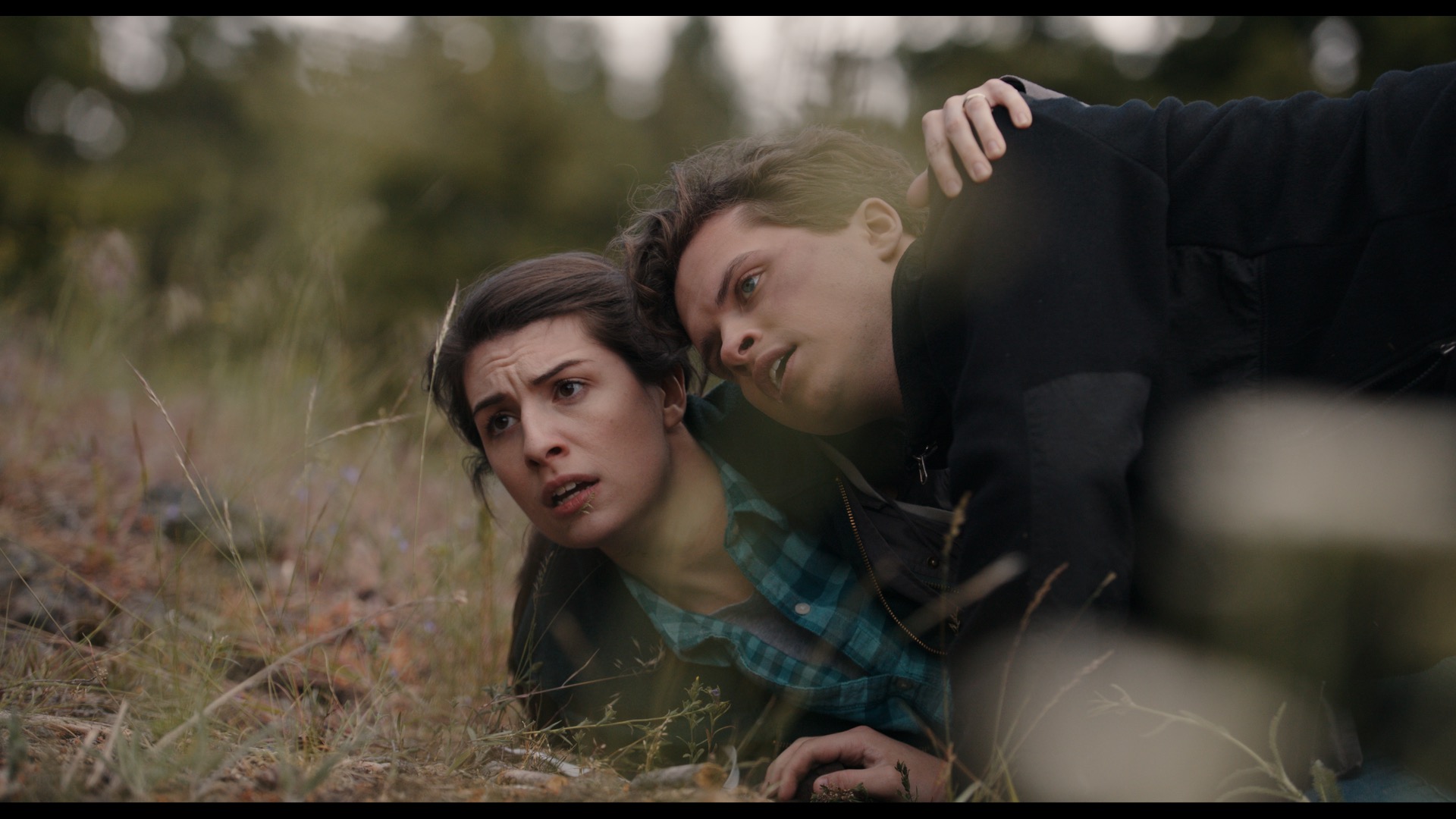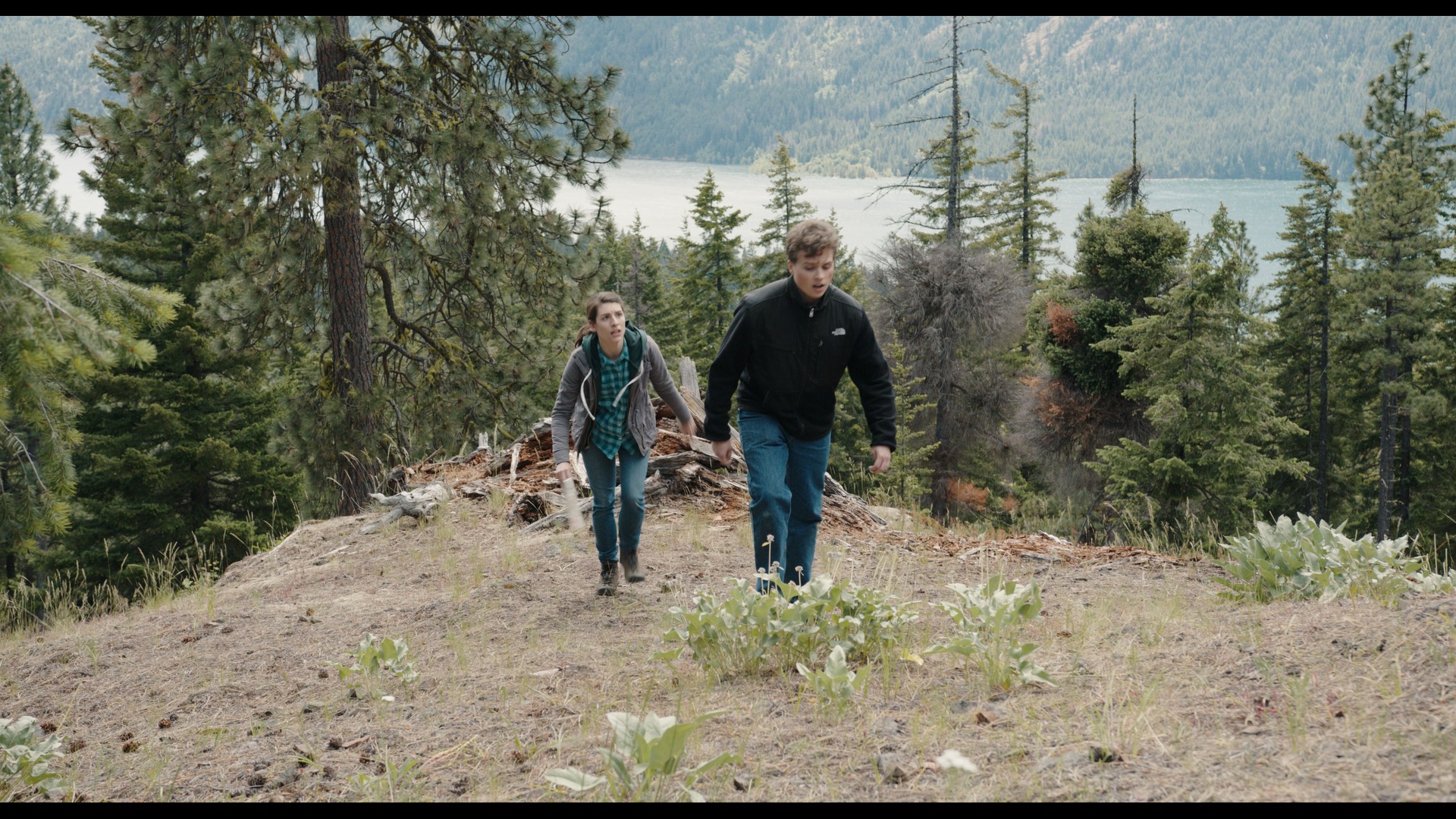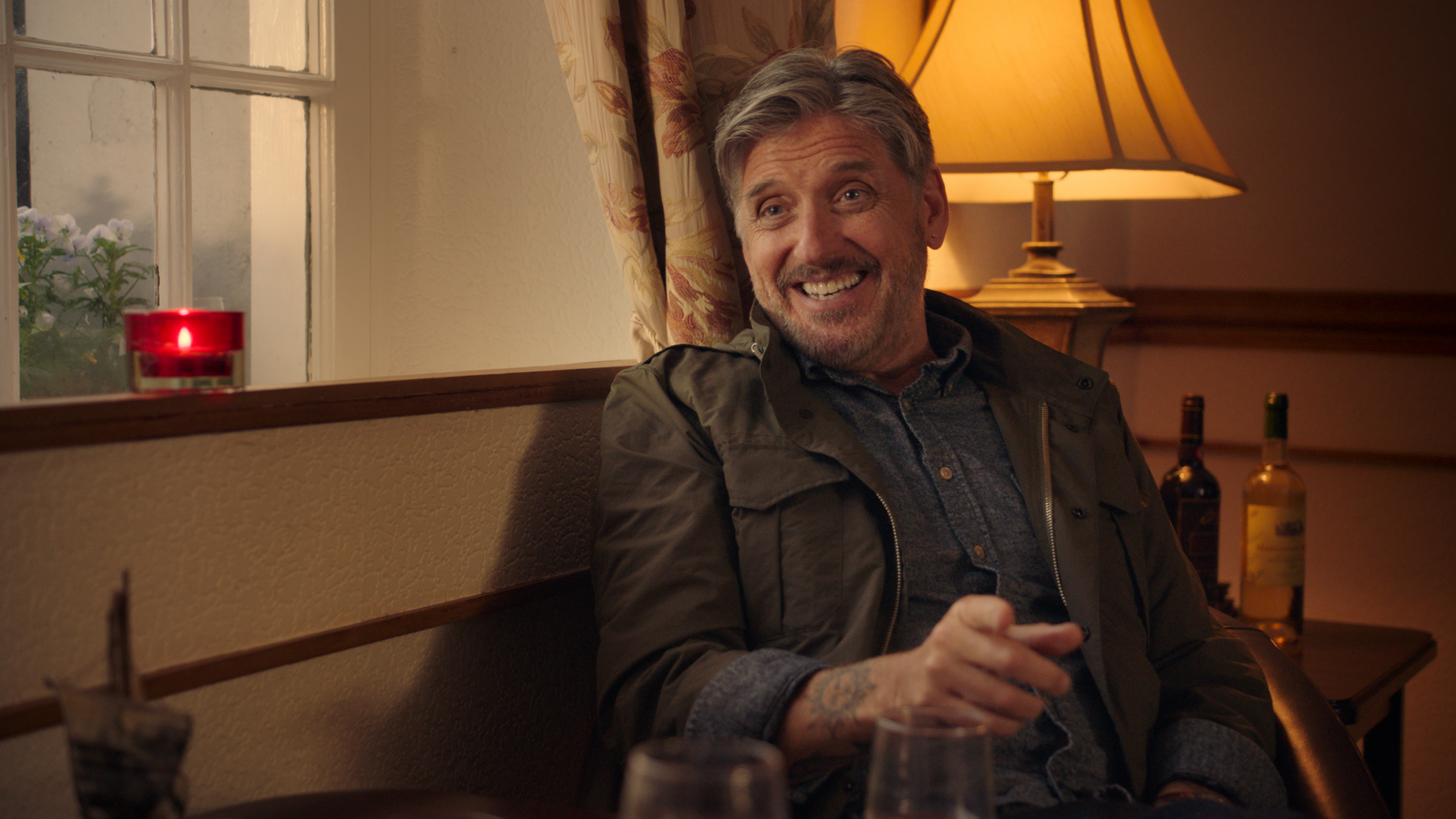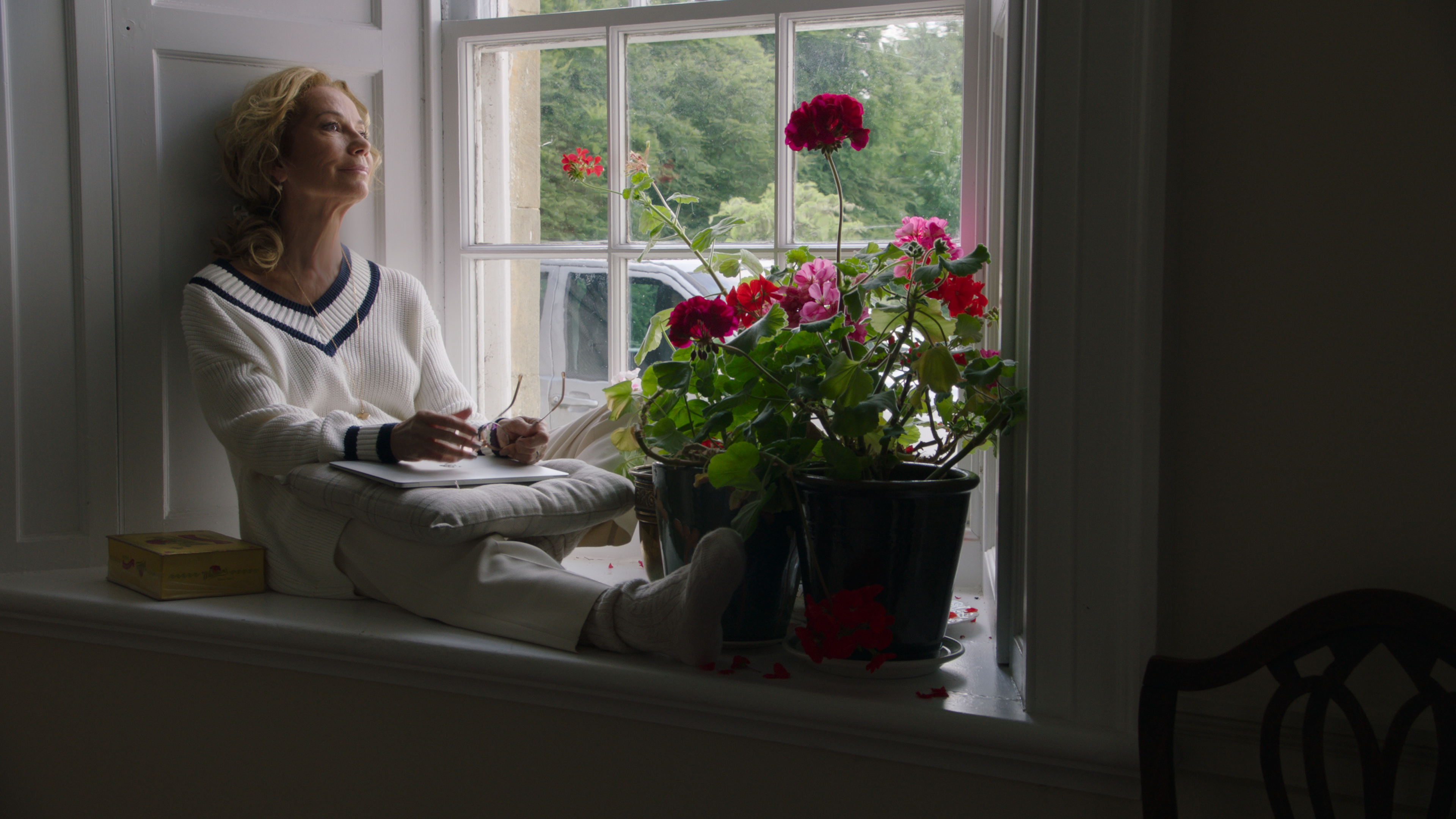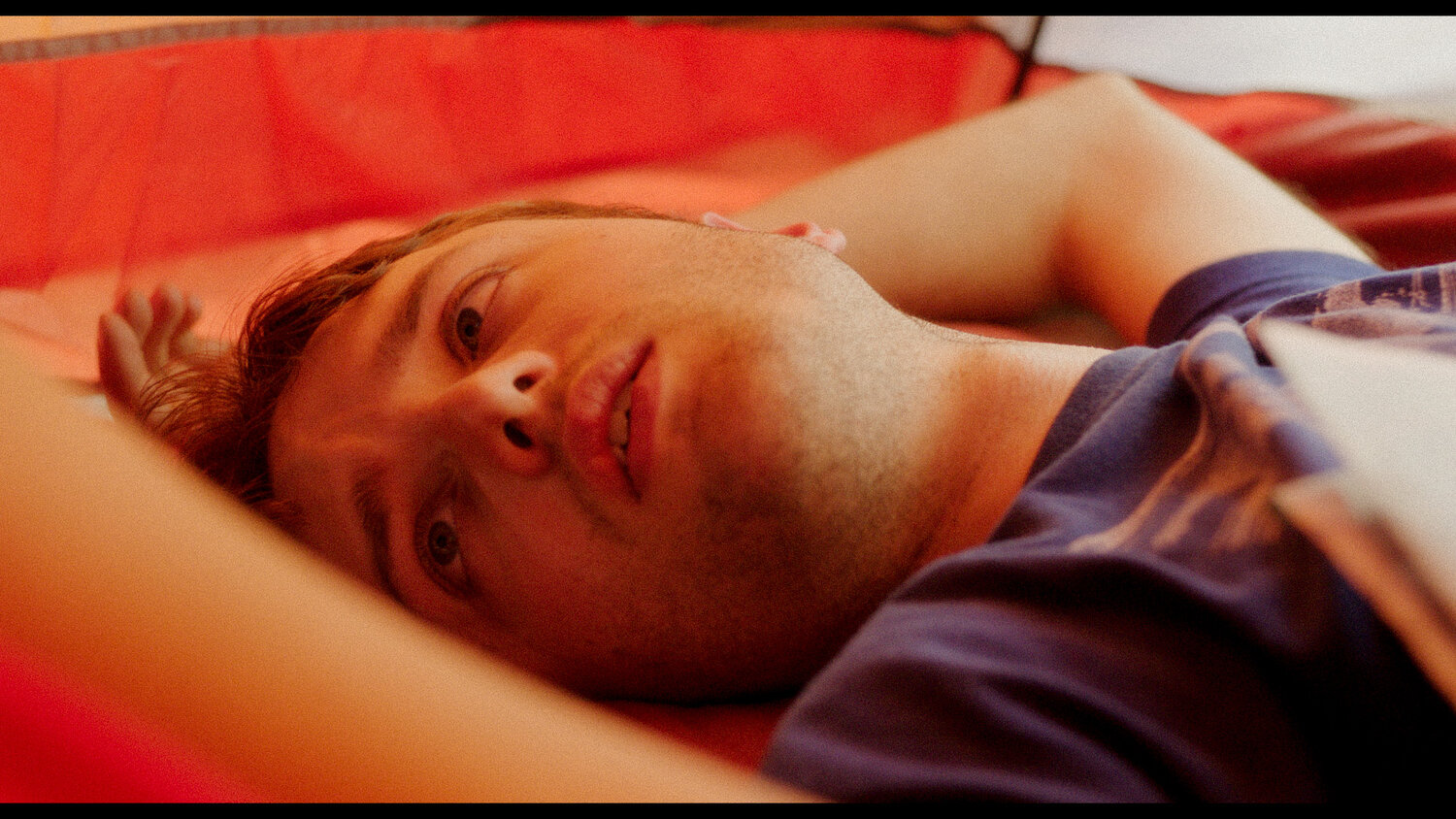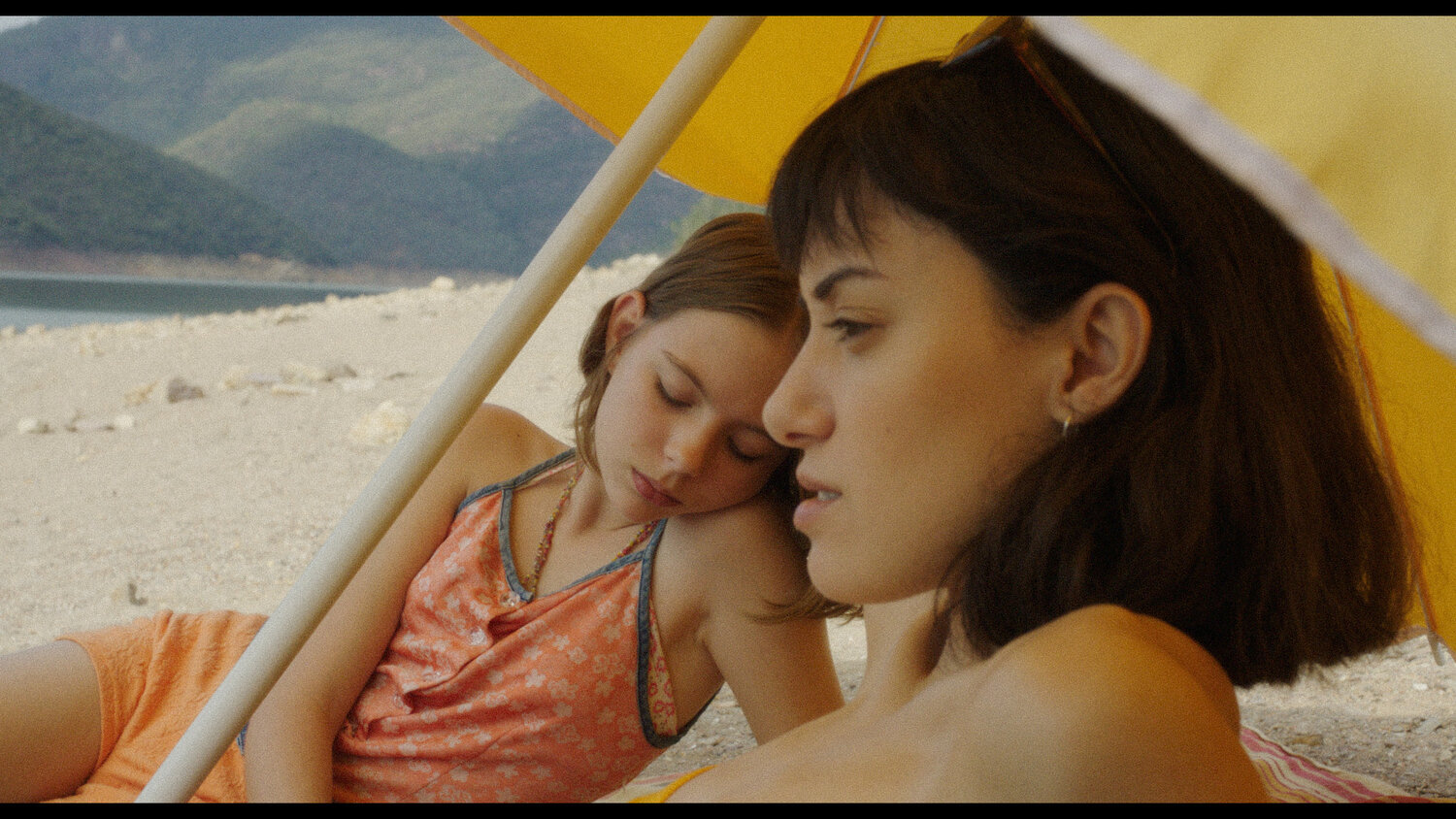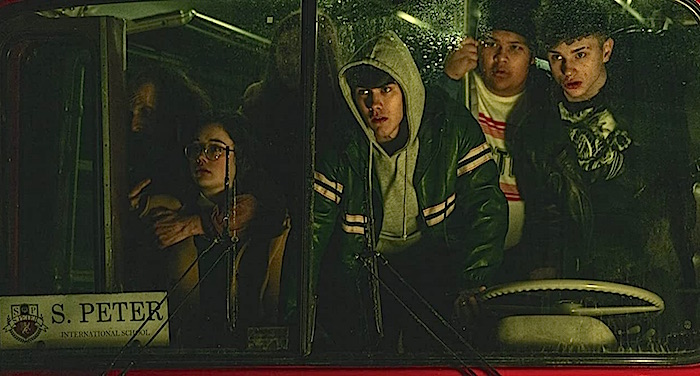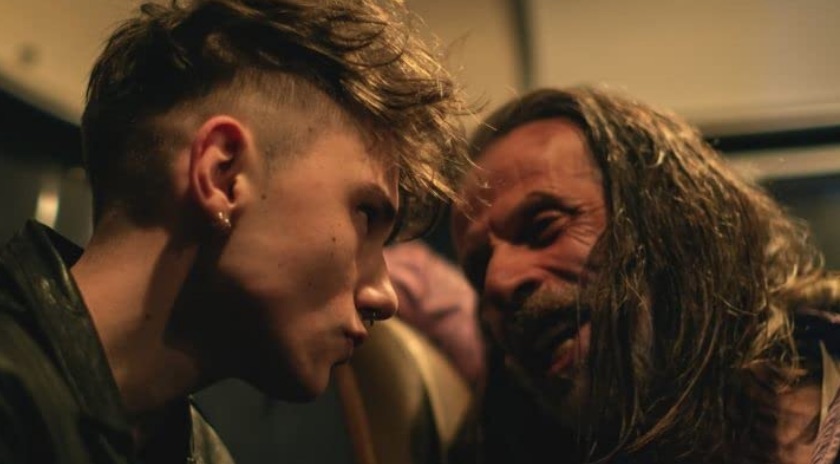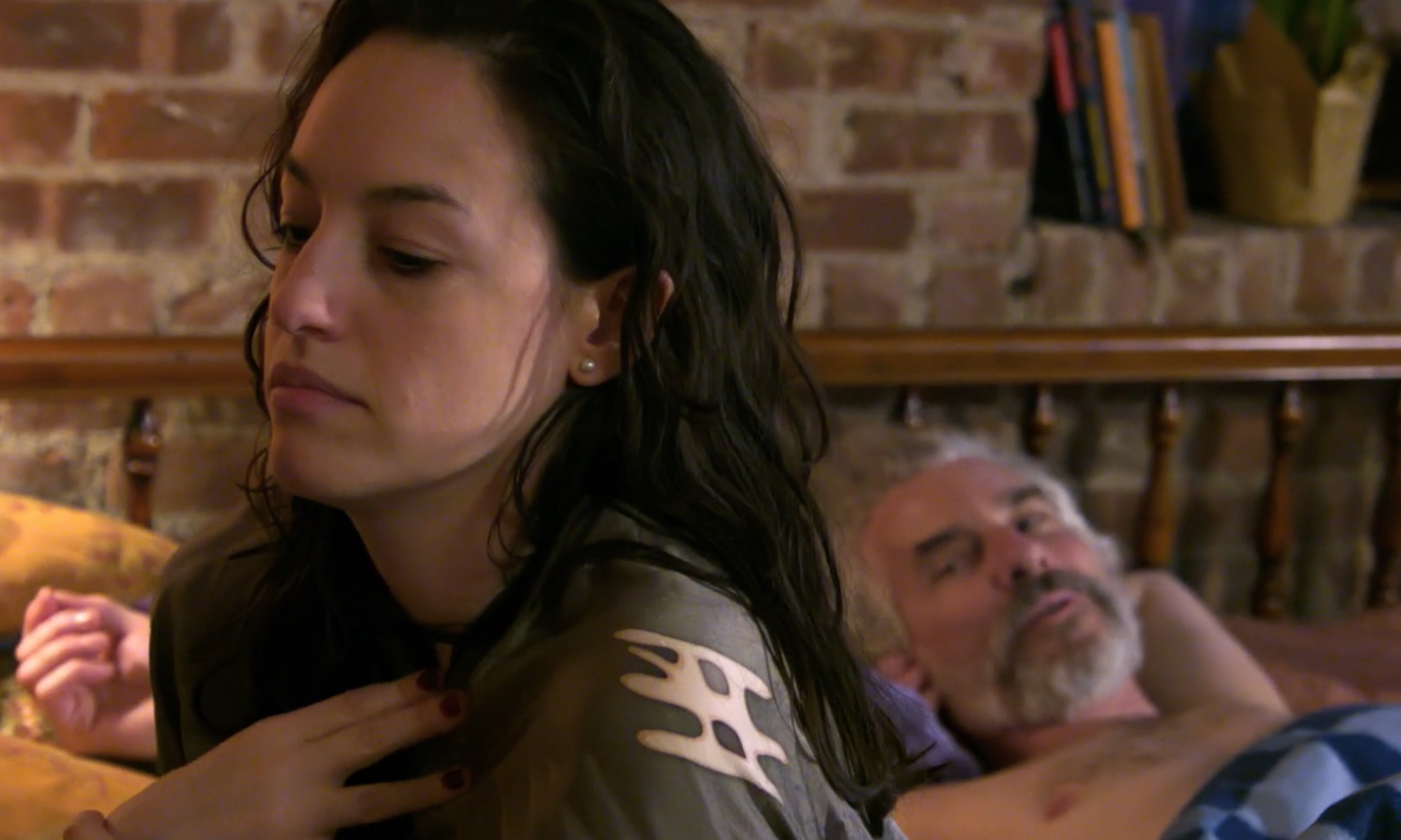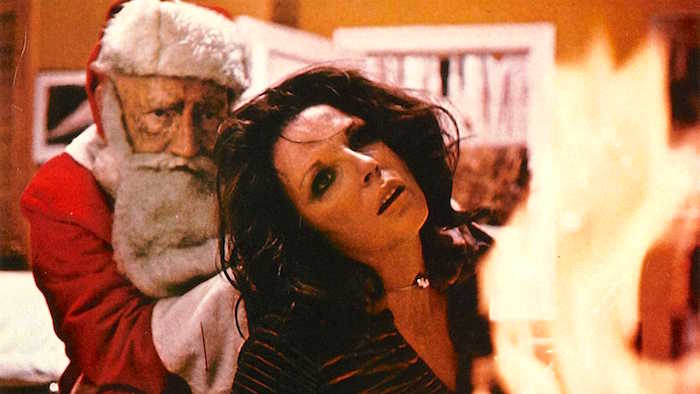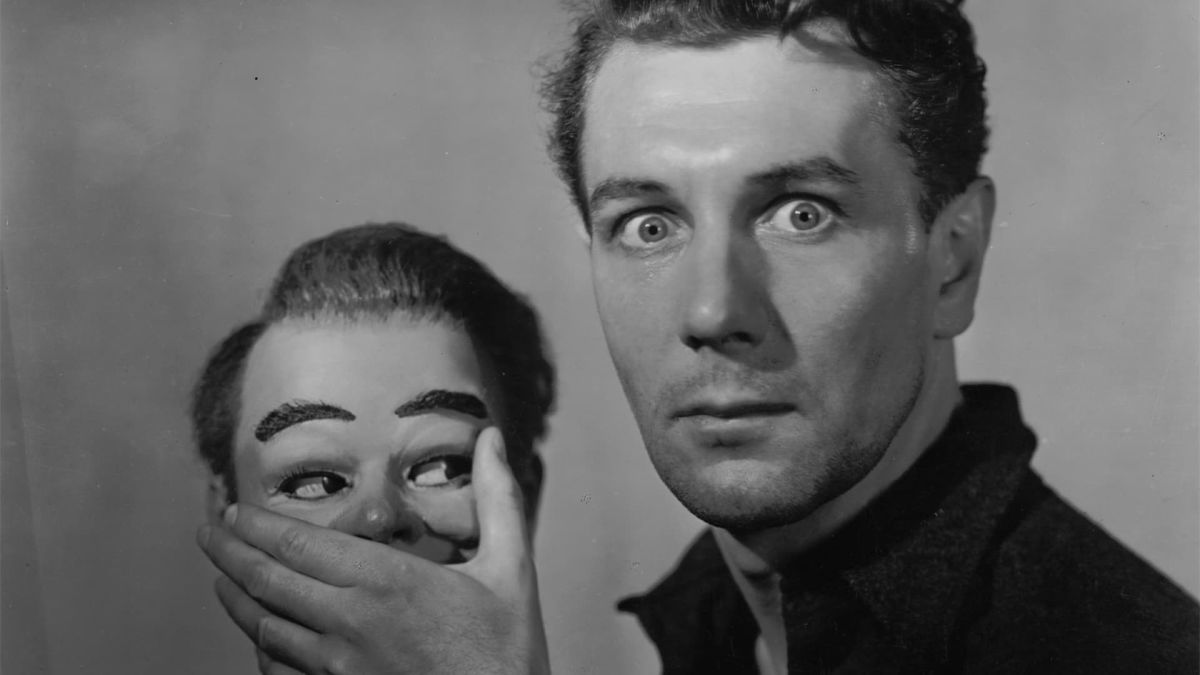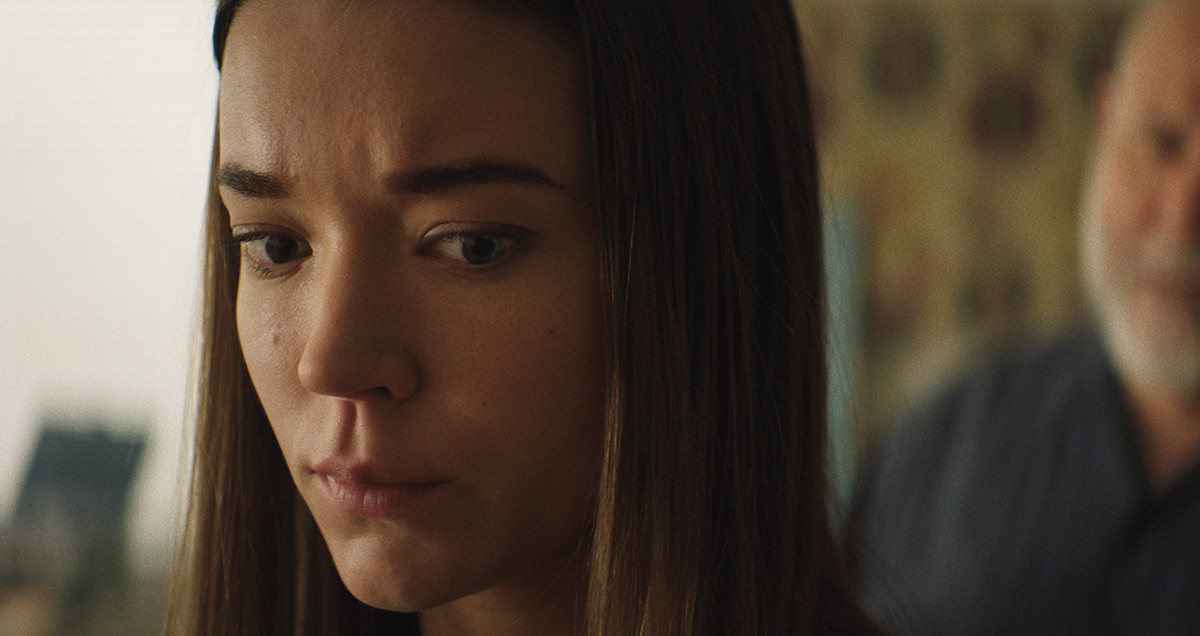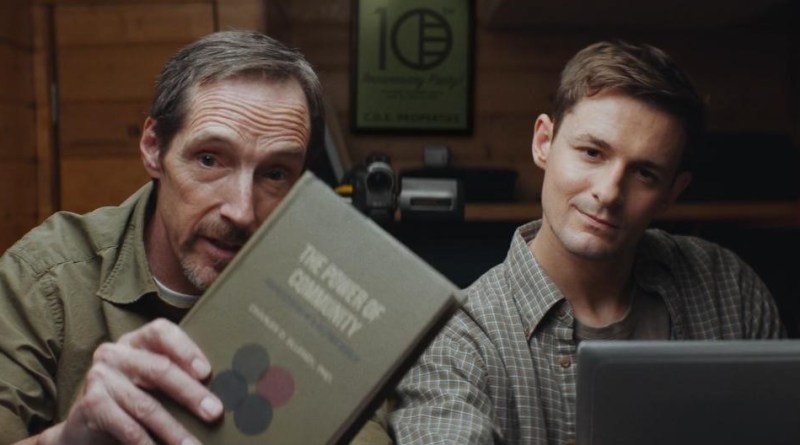BELLINGEN: THE PROMISED LAND
 Thursday, April 22, 2021 at 10:00AM
Thursday, April 22, 2021 at 10:00AM
Directors: Peter Geddes and Peter Gailey
Reviewed at Jetty Memorial Theatre on April 21 as part of the Screenwave International Film Festival (SWIFF).
Rating: ★ ★ ★ ★

There are few places more naturally beautiful on mainland Australia than the hinterland of the New South Wales mid-north coast. If the region had a capital it would be Bellingen, an enclave township steeped in both landowner blue-collar traditions and earthchild spiritualism (hence the affectionate moniker, ‘Boho Bello’). Bellingen exists as a best-of-both-worlds oasis - smaller than the coastal commercial centres of Port Macquarie and Coffs Harbour, and still flying under the radar of the hipster influencers and real-estate vultures who have overrun Byron Bay.
In Bellingen: The Promised Land, retired journo Peter Geddes and veteran editor Peter Gailey, both longterm residents of the region, capture the turbulent past of their now vibrant town. Geddes and his young family settled in the main street of a largely moribund Bellingen in the early 1970s, opening The Good Food Company grocery store and chronicling their adventures with countless photographs and home movies.
The fortunes of the Geddes family and the sleepy burg took a turn in the wake of the Aquarius Festival in nearby Nimbin, a Woodstock-like love-in that saw hippie hordes flood the region and ultimately adopt Bellingen as home to their free-love, dope-fuelled, cosnsciousness-expanding lifestyle. Utilising thousands of digitised frames from Geddes’ 8mm camera and intercutting the footage with the recollections of personalities from Bello’s cultural revolution, the documentary highlights the energised spirit of the hippie movement and the pulsating creativity injected by the ‘alternates’.
At the centre of great drama is conflict, and Bellingen: The Promised Land recounts the fuse lit by the influx of new wave thinkers in the eyes of the generational farmers and commercial loggers of the area. Reflected upon in vivid detail is an infamous town meeting that many still recall with head-shaking incredulity; a fierce confrontation between boozed-up bushmen and love-child revolutionaries that laid bare the resentment felt by old locals towards the counter-culture influx. A key element in the feud was the now legendary Community Centre, a municipal focal point that brought the hippies out of the hills and into the township.

Gedes and Gailey (pictured, above; l-r) preface the 70s culture conflict by highlighting the violence inherent in Bellingen’s colonial past. The traditional owners of the land, the Gumbaynggir people, lived an idyllic existence amongst the rich flora and abundant fauna of the Eden-like bushland, until white invaders brought commercial interests and weapons. Tribal elder Mark Flanders provides perspective on the first wave of social upheaval that changed the region’s culture, implying that those who fought the hippie community perhaps ought to have reflected upon the role their own ancestors played in shaping the social landscape.
Bellingen: The Promised Land was an exhaustive production undertaking, and occasionally proves to be in the watching; in a post-screening Q&A, Gailey openly admitted that this 104 minute version was his ‘indulgent cut’. Some trimming will help the undeniably engaging film find festival audiences beyond the Bello shire. That said, it will be a tough choosing between excising any of the 50 year-old full-frontal nudity and weed party footage or the insight provided by such local identities as Brett Iggulden, Ian and Ulrieke Kethel, Ian ‘Mac’ MacArthur, Darcey Browning and Mark Oliver.
The film doesn’t have a villain per se, but the unflinchingly ‘old school’ views of the charismatic Pete Sanger (“They should have, y’know, gone back to where they belong”) earned some groans from the SWIFF crowd. It is hard to conceive that even Bello’s most hard-nosed conservatives would not acknowledge that the thriving community that exists today is a unique hybrid by-product of an unforeseen social experiment - the dramatic melding of a traditional rural lifestyle and an ultra-progressive cultural upheaval, with some of Earth’s most breathtaking nature as the backdrop.
By popular demand, SWIFF have programmed an encore session of BELLINGEN: THE PROMISED LAND on Tuesday April 26. Full session and ticket details are available at the event's official website.
